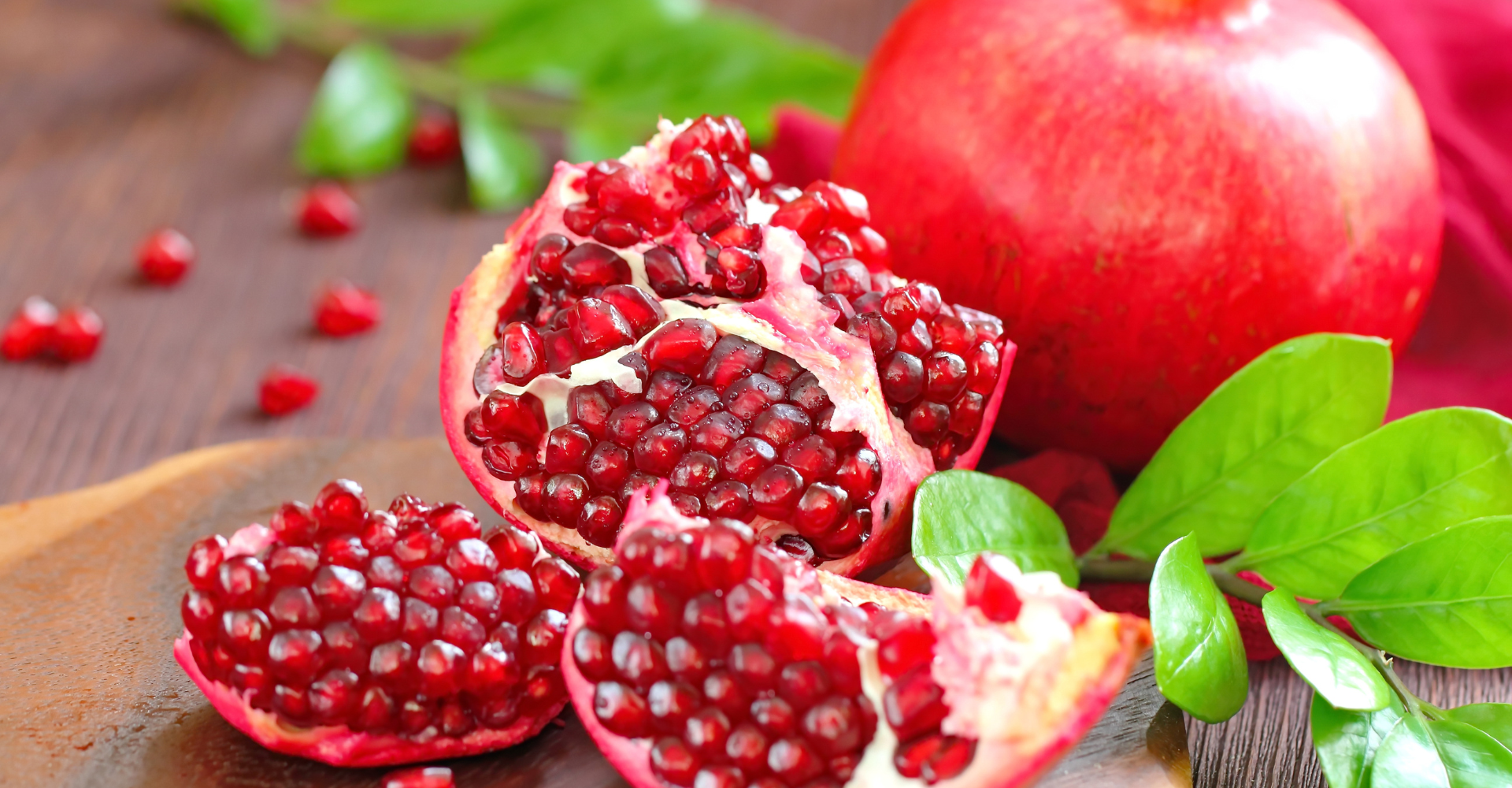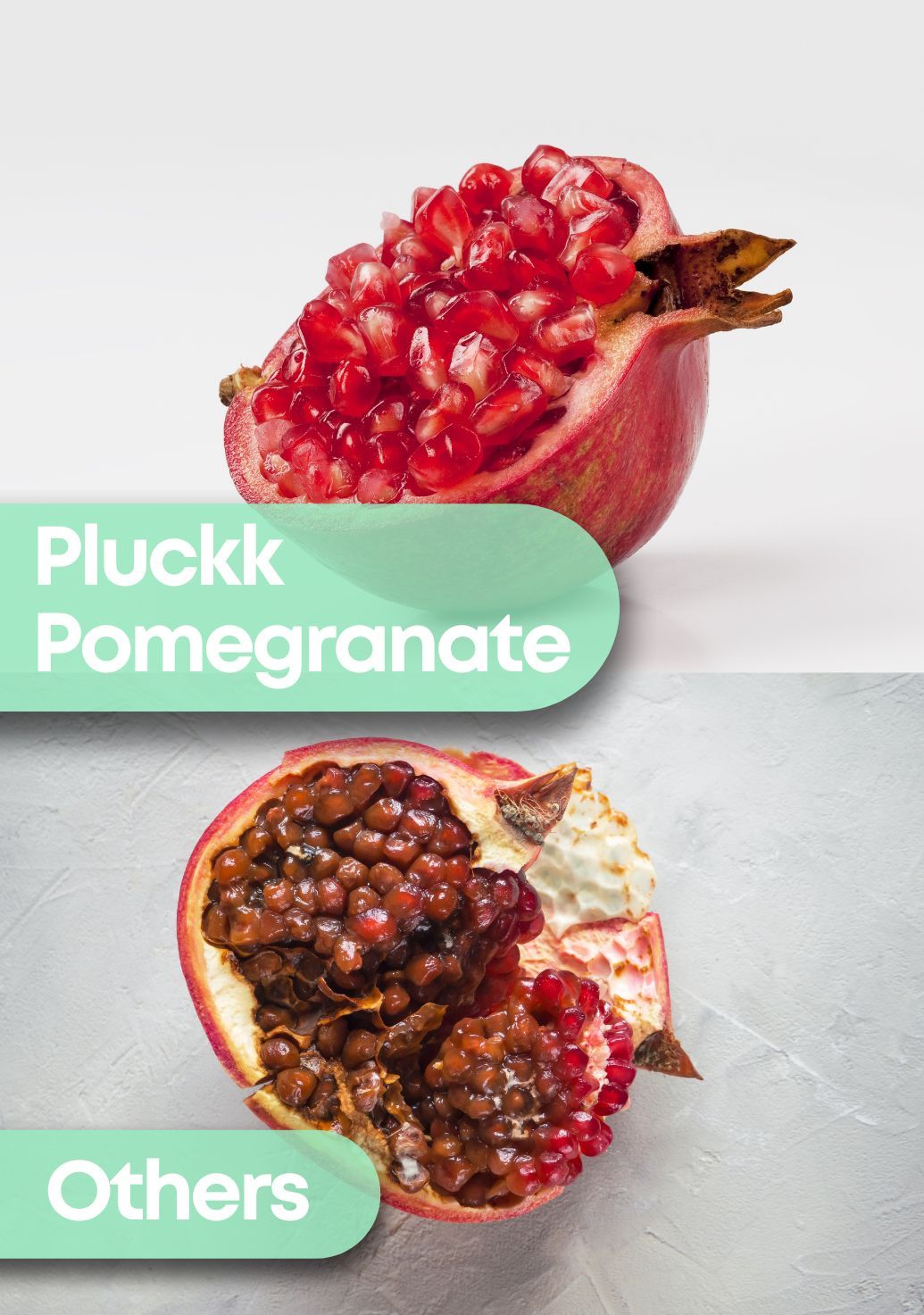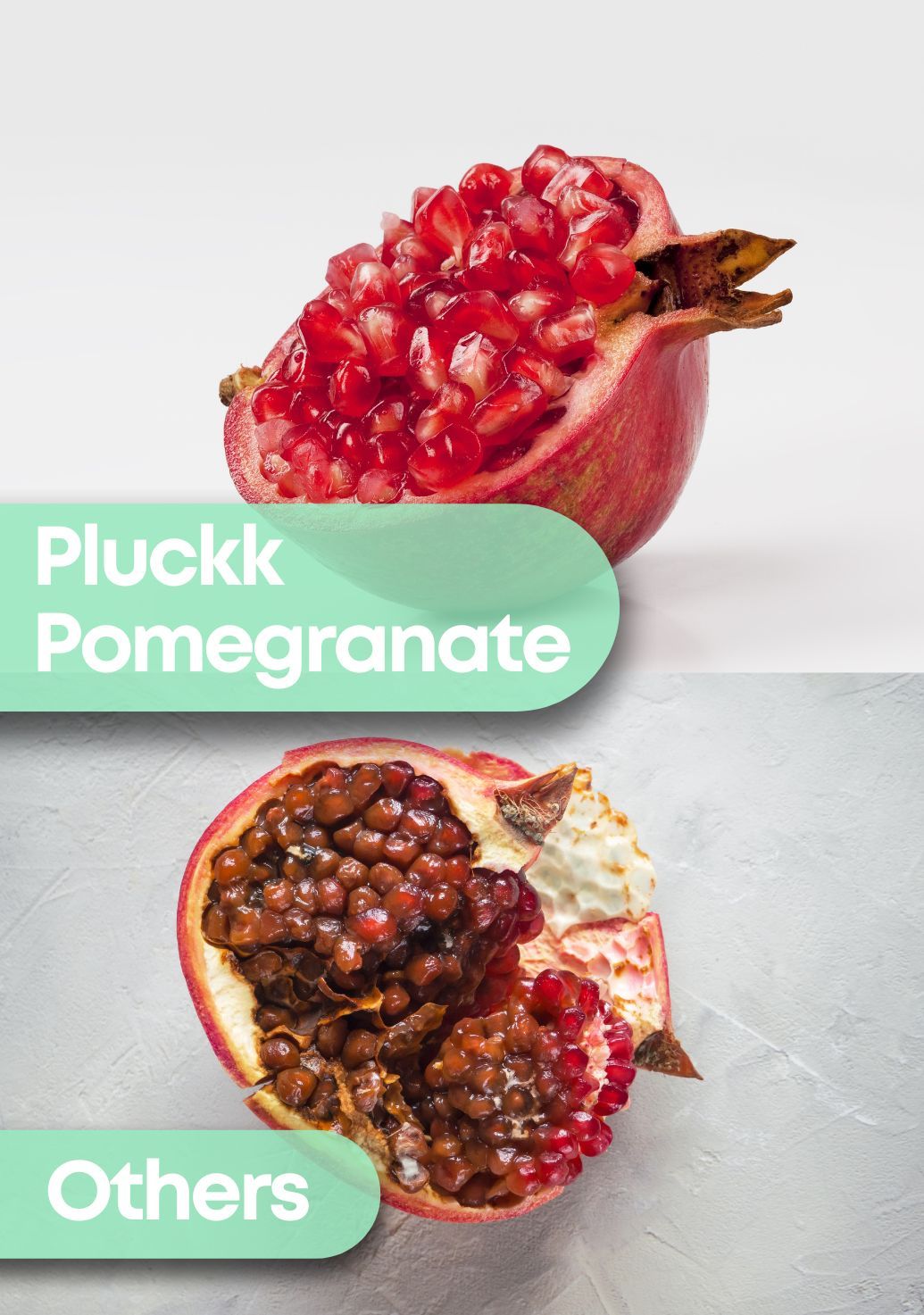
For a better and faster shopping experience, download app
Unkown

How Pomegranate Helps Control Blood Sugar Naturally
Introduction
Pomegranate, or anar as it’s popularly known in India, has been celebrated for centuries as a symbol of health, fertility, and vitality. Beyond its jewel-like seeds and sweet-tart flavor, modern research is now uncovering how this ancient fruit plays a powerful role in managing blood sugar levels—a critical concern for people living with diabetes.
With India being called the “diabetes capital of the world,” more people are looking at natural solutions to complement medical treatments. But the big question remains: Is pomegranate really good for diabetes, or does its natural sweetness make it risky?
The answer lies in its low glycemic index, unique antioxidants, and bioactive compounds that help regulate glucose and insulin. In this blog, we’ll explore the science behind anar’s effects on diabetes, its nutritional profile, and how best to include it in your diet.
1. Nutritional Profile of Pomegranate
Before diving into its effects on diabetes, let’s look at what 100 grams of fresh pomegranate arils (seeds) provide:
- Calories: ~83 kcal
- Carbohydrates: 19 g
- Sugar: 13.7 g (natural fruit sugar)
- Fiber: 4 g
- Vitamin C: 17% of Daily Value (DV)
- Vitamin K: 16% of DV
- Folate (B9): 10% of DV
- Potassium: 236 mg
- Antioxidants: Polyphenols, Punicalagins, Anthocyanins
Despite being sweet, the fiber, antioxidants, and phytochemicals help balance the fruit’s impact on blood sugar.
2. Low Glycemic Index (GI) Advantage
One of the biggest concerns for diabetics is how quickly a food spikes blood sugar. Thankfully, pomegranate has a low glycemic index (GI of ~35–40).
- What this means: Foods with low GI release sugar into the bloodstream slowly, preventing sudden spikes and crashes.
- Impact for diabetics: Eating anar in moderation helps maintain stable blood glucose levels compared to high-GI fruits like mango or banana.
3. Antioxidants That Protect Diabetic Health
Pomegranate is exceptionally rich in polyphenols and punicalagins, antioxidants that reduce oxidative stress.
- Why this matters for diabetes: High blood sugar generates oxidative stress, which damages blood vessels and accelerates complications like neuropathy, kidney disease, and heart problems.
- What studies say: A study in Nutrition Research (2020) found that daily pomegranate juice intake significantly reduced oxidative stress markers in type 2 diabetics.
4. Improved Insulin Sensitivity
One of the root issues in type 2 diabetes is insulin resistance, where cells stop responding to insulin efficiently. Pomegranate compounds may help improve this.
- How it works: Certain phytochemicals in anar increase glucose uptake in cells and support better insulin signaling.
- Evidence: A clinical trial published in Diabetes, Obesity & Metabolism (2017) showed that pomegranate extract improved insulin sensitivity and lowered fasting blood glucose in overweight adults.
5. Natural Sugar with Protective Effect
While pomegranate does contain natural sugar, its bioactive compounds counterbalance the effects.
- Punicalagins and anthocyanins slow sugar absorption.
- Fiber content (~4g per 100g) reduces sugar spikes by improving digestion.
- Compared to fruit juices, whole arils are much safer for diabetics.
6. Cardiovascular Protection for Diabetics
People with diabetes face a higher risk of heart disease. This is where anar shines as a protective superfruit.
- Potassium helps regulate blood pressure.
- Antioxidants reduce LDL (“bad cholesterol”) oxidation, preventing arterial plaque.
- Studies show pomegranate juice improves circulation and reduces arterial stiffness, which benefits diabetic heart health.
7. Anti-Inflammatory Benefits
Chronic inflammation is a hidden driver of diabetes complications. Pomegranate helps fight this at the cellular level.
- The punicalagins in anar have strong anti-inflammatory effects.
- A 2021 study in the Journal of Inflammation Research showed that pomegranate reduced C-reactive protein (CRP), a key marker of inflammation, in diabetic patients.
8. Weight Management Support
Maintaining a healthy weight is critical for blood sugar control. Pomegranate can help:
- Fiber keeps you full longer, curbing overeating.
- Low calorie density (~83 kcal per 100g) makes it a smart snack.
- Digestive support from fiber improves gut microbiome health, which is linked to better metabolic control.
9. Best Ways to Eat Pomegranate for Diabetes
If you’re diabetic, here’s how you can safely enjoy anar:
- Eat whole arils instead of juice. The fiber slows sugar absorption.
- Portion size matters: Stick to ½ cup (around 80–100g) per serving.
- Pair with protein or healthy fat: Combine pomegranate seeds with yogurt, nuts, or paneer to further stabilize blood sugar.
10. Precautions for Diabetics
- Moderation is key: While healthy, overeating can still raise blood sugar.
- Check medication interactions: If you’re on blood thinners or certain diabetes medications, consult a doctor.
- Monitor blood sugar response: Every body reacts differently—test after eating to understand your tolerance.
FAQs
- Is pomegranate safe for diabetics to eat daily?
Yes, in moderation. A ½ cup of fresh anar seeds daily is safe for most diabetics, but avoid overconsumption. - Does pomegranate juice raise blood sugar?
Fresh juice may raise sugar faster than whole arils since it lacks fiber. Always prefer eating the seeds. - What is the glycemic index of pomegranate?
Pomegranate has a low GI of about 35–40, making it suitable for diabetic diets. - Can pomegranate reduce diabetes complications?
Studies suggest its antioxidants and anti-inflammatory properties may reduce risks of heart disease, nerve damage, and oxidative stress in diabetics. - When is the best time for diabetics to eat pomegranate?
Mid-morning or as part of a balanced meal with protein/fiber is ideal to prevent blood sugar spikes.
Conclusion
Pomegranate is not just a delicious fruit; it’s a diabetes-friendly superfood when eaten the right way. Its low glycemic index, rich antioxidants, and anti-inflammatory compounds make it uniquely protective for people managing diabetes.
Instead of fearing its natural sweetness, diabetics can embrace pomegranate as part of a balanced diet—preferably as fresh seeds, paired with protein or healthy fats. By doing so, anar becomes a natural ally in controlling blood sugar, protecting the heart, and supporting overall wellness.
Globular in shape, bright red colored with smooth & thick skin; Sweet & tart translucent seeds
- 4 Pcs (700-800 Gms)
- 2 Pcs (350-400 Gms)
₹179
Large in size, shiny skin & bright red in colour
- 2 Pcs (450+ Gms)
- 4 Pcs (900+ Gms)
















